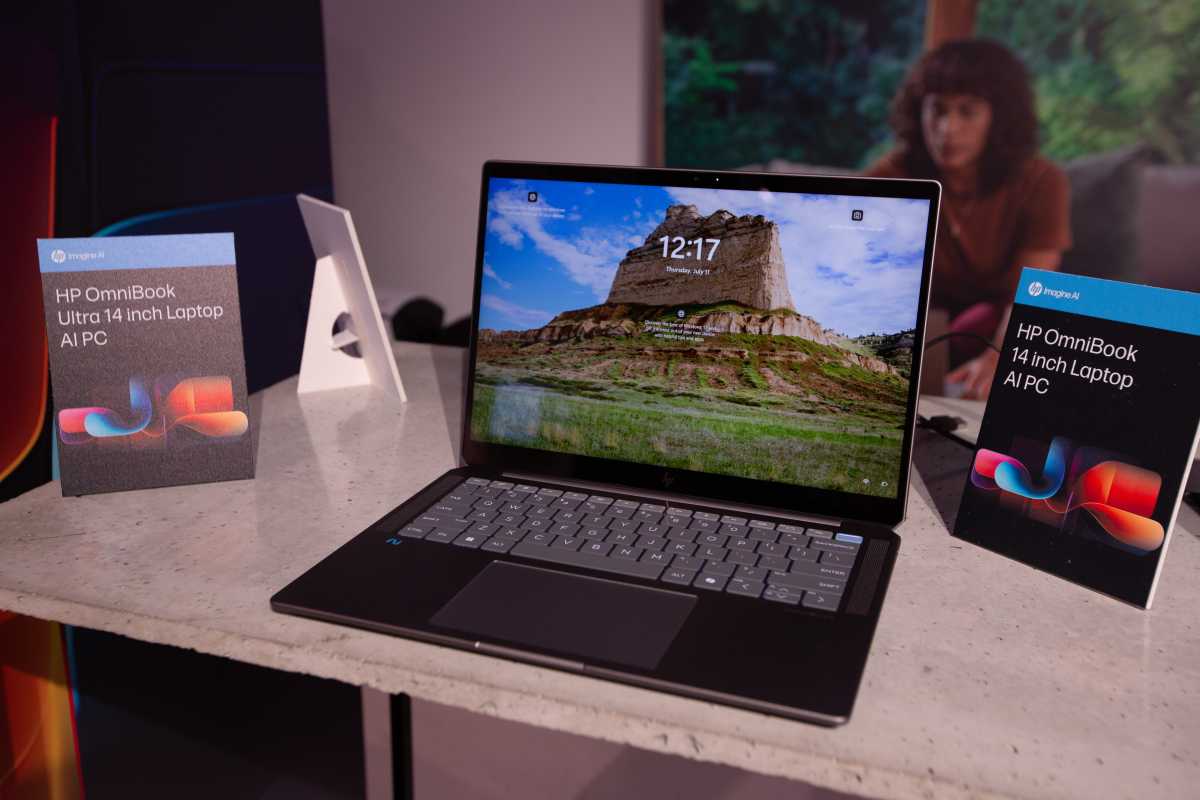The fact that there’s three chip types in AI laptops nowadays: Snapdragon X Series processors, Ryzen AI chips, and Intel x86 chips, even in laptops made by the same OEMs, has left many scratching their heads.
Naturally questions like: Which one is the best? Have become a mantra for consumers overwhelmed by the different options out there.
At the HP Imagine AI event in New York City, I asked Guayente Sanmartin, SVP and division president of commercial systems and display solutions, how HP planned on managing that complex environment for consumers. Her answer? To target the different technologies at consumer personas — personalizing the experience for each user.
“AI is a journey of innovation that’s not stopping. The fact that there’s a lot of innovation is the best thing that can happen for both technology and consumers,” said Sanmartin.
“Of course, we’re going to be partnering with everyone to forward innovation. Having all those technologies allows us to reach everyone. By reaching everyone, HP’s strategy is to capitalize on the benefits of each technology — high TOPS to the technical expert, long battery life for the hybrid worker, and so on.”
That concept is currently the impetus for the company’s design strategy for its Copilot+ PC laptops.
A great example of this in action could be seen in HP’s OmniBook branded laptops on the day. HP unveiled a new OmniBook laptop, the HP OmniBook Ultra, which is powered by a Ryzen AI 300 chip and with an industry-leading maximum 55 TOPS NPU processing power.
The higher 55 TOPS power outdoes the 40 TOPS power in the recently announced Snapdragon X Series powered HP OmniBook X, so it can run AI models and collaboration software somewhat faster and more of these apps at the same time. For that reason, it’s more suited to the technical expert.

HP unveiled its next-generation AI PC at the HP Imagine AI event, the HP OmniBook Ultra.
HP unveiled its next-generation AI PC at the HP Imagine AI event, the HP OmniBook Ultra.
Christopher Hebert / IDG
HP unveiled its next-generation AI PC at the HP Imagine AI event, the HP OmniBook Ultra.
Christopher Hebert / IDG
Christopher Hebert / IDG
On the other hand, its stablemate the OmniBook X has a lot better power efficiency and a 26-hour battery life (the OmniBook Ultra has just a 21-hour battery life). It’s also slightly thinner and lighter, so it’s a little better suited for mobile working professionals.
“We look at the different consumer personas, the modern leader versus the technical expert, like a freelancer. Those different personas are going to need different systems,” explains Sanmartin.
“The technical expert is going to need higher capacities and all the best technologies — so they’re going to need a balance between the different high-end features, performance, and weight. So, we’re going to be adapting the different chip technologies for those different personas,” she said.
For consumers, that means that focusing on the functionality of HPs laptops will be sufficient for knowing which AI processor is right for them.
>>> Read full article>>>
Copyright for syndicated content belongs to the linked Source : PCWorld – https://www.pcworld.com/article/2398759/hp-is-managing-ai-chip-complexity-by-targeting-personas.html










